Funds to support 3,000 smallholders and make fish products available to 100,000
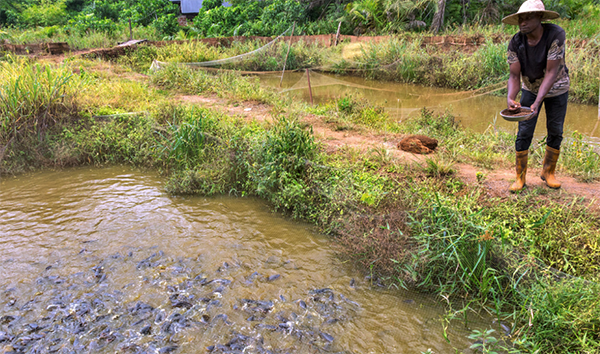
The Norwegian Agency for Development Cooperation (NORAD) has committed NOK 45 million (U.S. $5 million) to increase the incomes and build the resilience of small aquaculture farmers in Kenya, Mozambique and Tanzania. Announced last month, the contribution will finance the Advancing Resilient and Nutrition-sensitive Smallholder Aquaculture (ARNSA) Project implemented by the International Fund for Agricultural Development (IFAD) and its government partners.
“This generous contribution of Norway underscores its credentials as a global leader in sustainable fisheries management and is further proof of the country’s relentless determination to free the world from hunger and poverty,” said Gilbert F. Houngbo, President of IFAD.
The project will pilot and scale-up climate-resilient and nutrition-focused aquaculture technologies and approaches. In particular, it will improve access to quality and affordable farm inputs, such as seeds and feed, and to market opportunities, especially for women and youth, through innovation and value creation. It will also strengthen farmers’ technical skills and extension services and address post-harvest losses. Overall, the goal is to support approximately 3,000 smallholders and make increased quantity and quality fish products available to at least 100,000 people.
The project will focus mainly on inland aquaculture, except in Tanzania where attention will be given also to seaweed value chains. With NORAD’s support, IFAD will increase attention to aquaculture in Sub-Sahara Africa, which now includes related investments in Tanzania, Kenya, Mozambique, Angola, Eritrea, Ethiopia, Nigeria and Ghana.
“The sustainable development of the aquaculture sector holds significant potential to address malnutrition and poverty worldwide,” said Houngbo. “Norway’s support will help thousands of small aquaculture farmers build better lives for their families and produce the healthy foods their communities need.”
Currently, small-scale aquaculture farmers provide more than 80 percent of global aquaculture production. Worldwide, it’s estimated that 20 million people engage in full- or part-time aquaculture, many of whom struggle to maintain reasonable livelihoods. With a growing demand for fish products, in particular from Africa and Asia, the sector holds potential for growth, better incomes for producers and more employment opportunities, especially for women.
As a source of high-quality macro and micronutrients, fish and aquatic foods are “irreplaceable” in combating malnutrition and alleviating nutritional deficiencies. Globally, 22 percent of children below the age of 5 (149 million) are stunted (too short for their age) and 30 percent of girls and women aged 15 to 49 years (571 million) suffer from anemia.
As a leading fishing and aquaculture nation, Norway has prioritized the establishment of secure and sustainable fisheries and ecosystems in partner countries through its Fish for Development program. It aims to provide a “coordinated and effective response to increasing food demand, rising poverty and the urgency to achieve multiple Sustainable Development Goals by 2030.”
A founding member of IFAD, Norway has contributed (U.S.) $435.26 million to the Funds’ core budget since its creation in 1978. In addition, Norway pledged $53.46 million to IFAD’s 2022-2024 funding cycle, which represents a 40 percent increase from the previous cycle.
Norway has also allocated $30.2 million to directly support specific programs to help small-scale farmers adapt to climate change, tackle malnutrition, and support farming families and refugees in the Lake Chad basin.
Follow the Advocate on Twitter @GSA_Advocate
Now that you've reached the end of the article ...
… please consider supporting GSA’s mission to advance responsible seafood practices through education, advocacy and third-party assurances. The Advocate aims to document the evolution of responsible seafood practices and share the expansive knowledge of our vast network of contributors.
By becoming a Global Seafood Alliance member, you’re ensuring that all of the pre-competitive work we do through member benefits, resources and events can continue. Individual membership costs just $50 a year.
Not a GSA member? Join us.
Author
-
Responsible Seafood Advocate
[103,114,111,46,100,111,111,102,97,101,115,108,97,98,111,108,103,64,114,111,116,105,100,101]
Tagged With
Related Posts
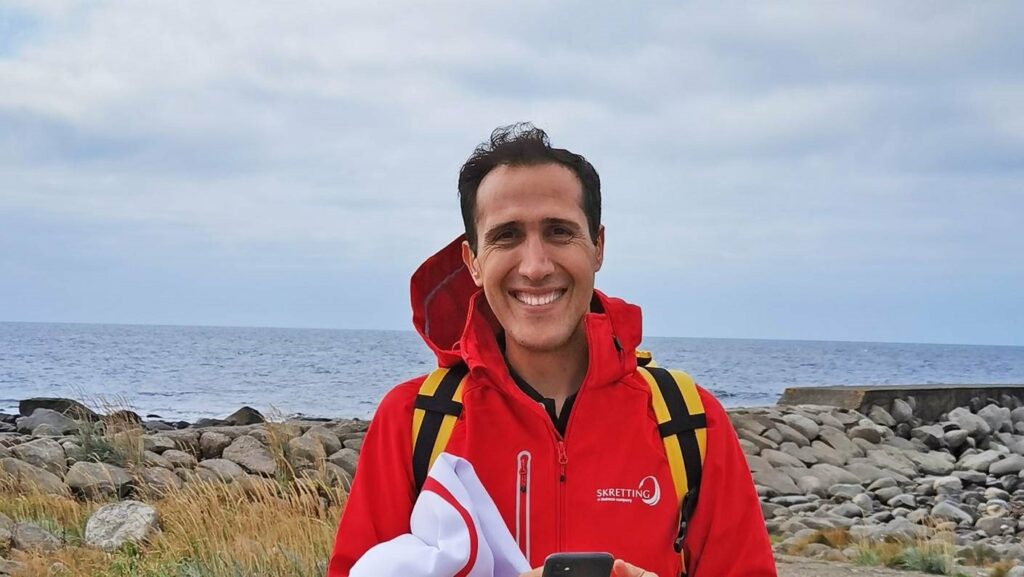
Responsibility
‘Do more and do better’ – Sustainability manager discusses Skretting’s ambitious agenda
Aquafeed giant Skretting recently appointed Jorge Diaz as its sustainability manager to advance its ambitious sustainability agenda.
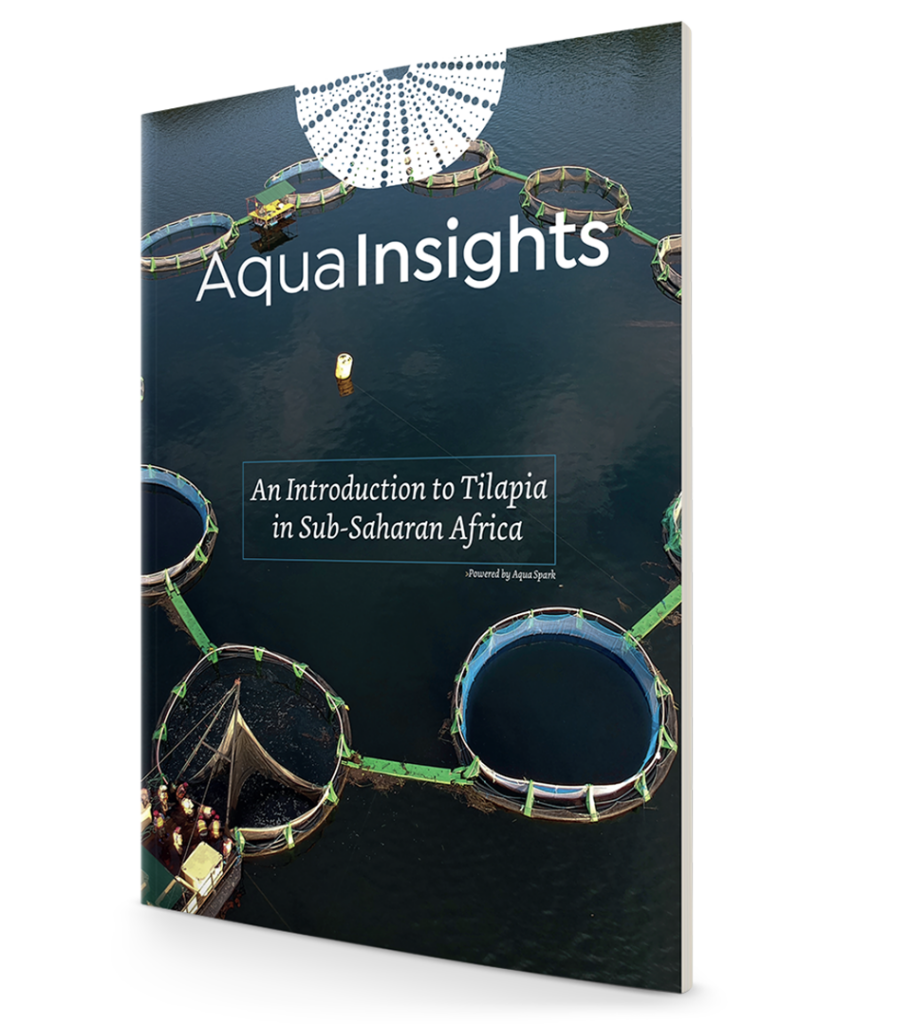
Innovation & Investment
Aqua-Spark report: Tilapia aquaculture key to food security across sub-Saharan Africa
A new Aqua Insights Report from Aqua-Spark finds that tilapia aquaculture is key to food security across sub-Saharan Africa.
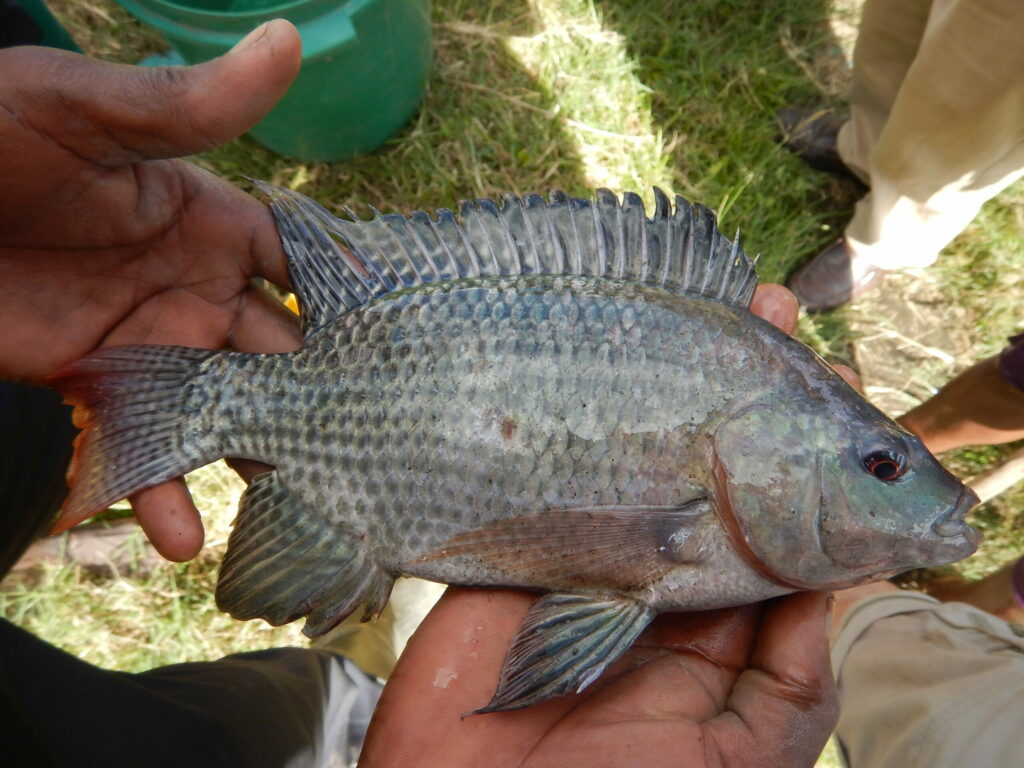
Innovation & Investment
Bioinformatics tool identifies hybrid tilapia species
A new bioinformatics tool can precisely identify tilapia species and pinpoint hybridization between invasive and native tilapia species.
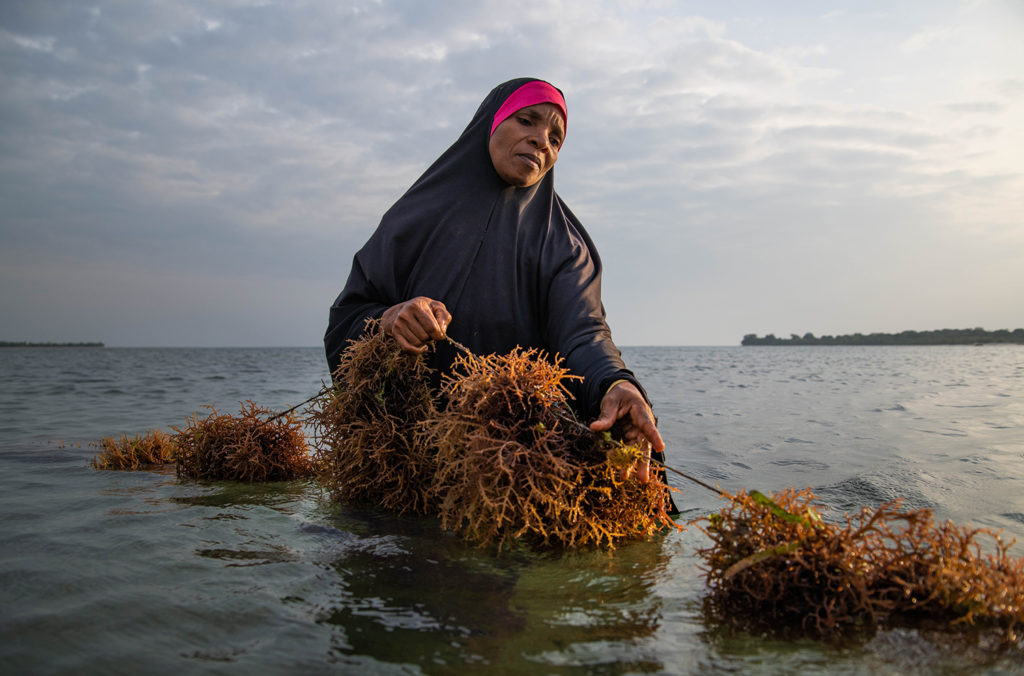
Responsibility
For seaweed farmers in Zanzibar, a chance for real growth
For many Zanzibari women, seaweed farming provides opportunity, but hardships are common. A project from The Nature Conservancy lends hope.



